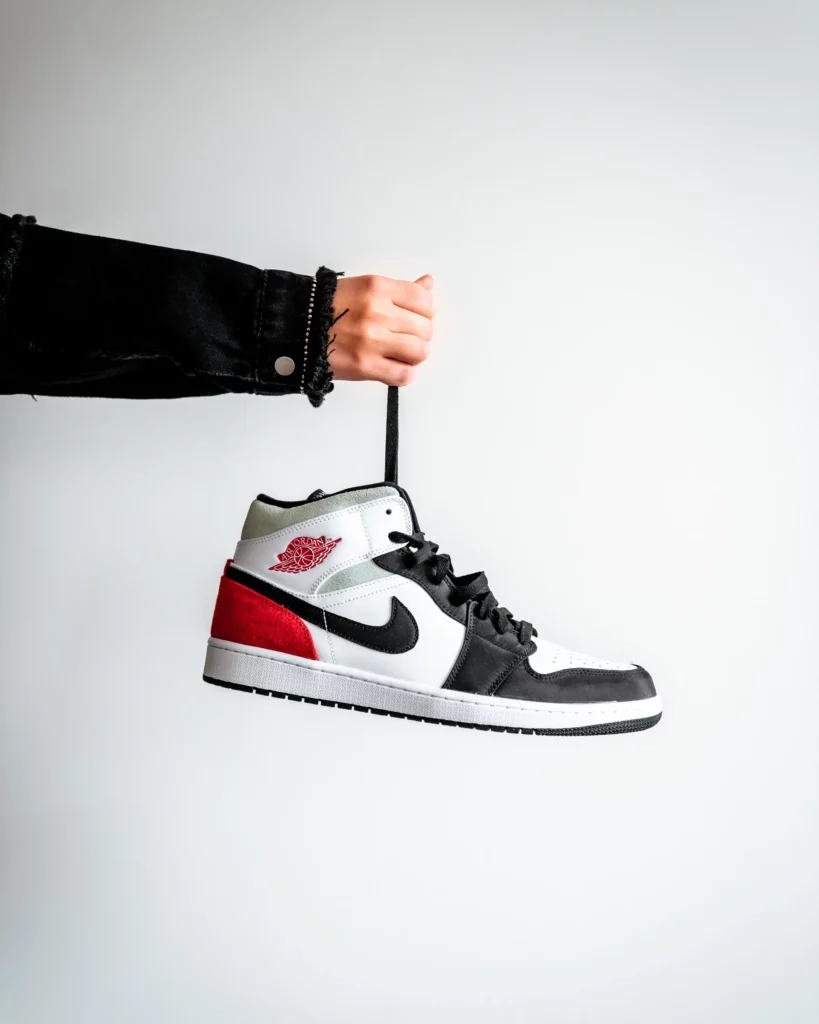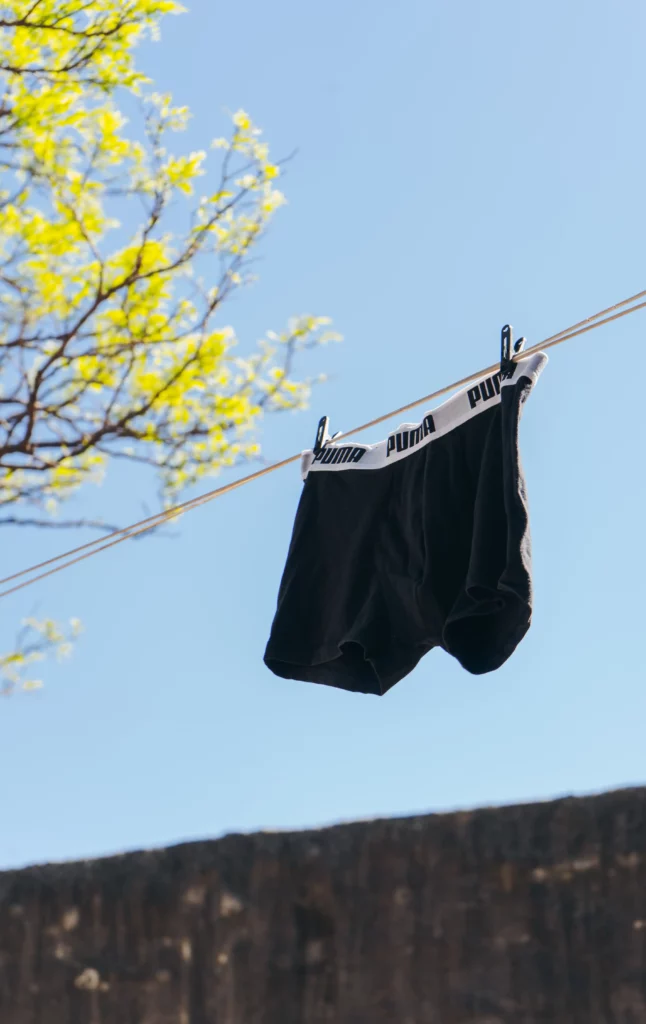What are prisoners allowed to have in Jail UK
What are prisoners allowed to have in Jail UK? If you know you are going to prison and have time to pack a bag to take with you to court on the day of sentencing there are some vital items you should pack to take with you to Jail UK.
What items should you take to jail UK:
Here are some general guidelines for what you can pack to take with you to prison in the UK:
Clothing: You are allowed to bring a limited amount of clothing with you, including underwear, socks, and a small number of personal items, such as a watch or a wedding ring. However, you must follow specific guidelines regarding the types of clothing that are allowed, such as plain white t-shirts and sweatshirts without hoods.
Toiletries: You are allowed to bring a limited amount of toiletries with you, including soap, shampoo, toothpaste, and a toothbrush. However, these items must be in their original packaging and must not contain any alcohol.
Reading material: You are allowed to bring a limited amount of reading material with you, such as books and magazines. However, these items must not contain any material that is deemed inappropriate or offensive.
Legal documents: You are allowed to bring legal documents with you, such as court documents or letters from your solicitor. However, these documents must be reviewed and approved by the prison authorities before you are allowed to bring them in.
Money: You are allowed to bring a limited amount of money with you, typically up to £20, which can be used to purchase items from the prison shop.
What to bring to Jail UK? Taking Packing flipflops is a must as the showers are usually quite dirty due to the amount of people that are using them and also cleanliness. Also whilst within the cell you may not always want to wear your outdoor shoes, flipflops allow you to keep your area clean especially if its been raining outside if youve been out for a walk or coming back from work within the prison etc.
Also pack your own towel!

What else are prisoners allowed in jail UK?
We have a full list over on our What to Take Into Prison page which you can view here: Usually a prisoner will need to be an ENHANCED Status prisoner to be able to wear their own clothes and have access to things from their property box that they took into prison with them. Take all that you can within the allowances so that you can get access to your belongings once you reach enhanced status. You can do this by good behaviour within the prison.
What items can you have in jail UK?
- Underwear / Socks
- Dressing Gown
- Towel
- FlipFlops (A Must, The Shower Floor is Disgusting)
- Earplugs (Induction unit can be extremely loud and constant door banging)
- 2 pairs of trainers, especially if you’re planning on going to the gym
- Books

Allowable items in Jail UK
- Puzzle games like Sudoku, Word Search, Crosswords
- Envelopes, Writing Paper, Pens, Pencils, Stamps
- Photos of your loved ones
- Money, I took £100, The money goes into your prison account.
- Watch under £50
- Toiletries (toothbrush, toothpaste, deodorant) NO AEROSOL SPRAYS or Alcohol based.
- Electric Shaver
- Wedding Ring
- Address Book
- Calender
- CD Player / Stereo / Earphones
- Gloves / Scarf
We have also compiled a PRISON SURVIVAL GUIDE where you can read exactly what to take with you to prison, what the first few days in jail would be like in the UK and how to survive a jail sentence in the UK. CLICK HERE






